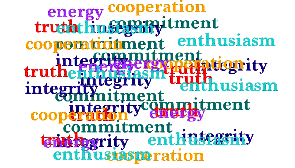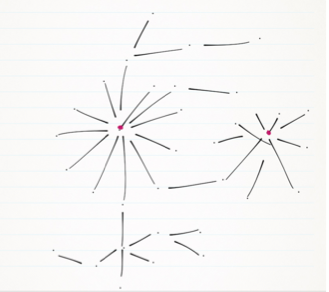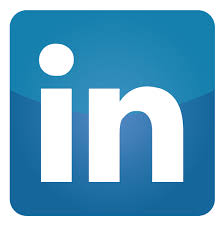Workplace Ethics

|
Workplace Ethics |
|
Does it seem complicated and awkward to talk about ethics in the workplace? I think that this feeling stems from the fact that “Corporate Ethics” are often seen as being something imposed by employers on employees. I believe that this is not only a very limiting outlook, it is also profoundly mistaken.
The ethical aspect of company teamwork is a two-way process with a highly complex structure, comparable to a neural network.
Nodes with more connections and relations are logically those which – due to their competence, knowledge or hierarchical position – deal with a greater amount of data traffic. This makes them the most important nodes in the network, but also the most critical should they cease functioning properly.
The awareness and knowledge accumulated in these nodes ought to be distributed and shared, in order to avoid excessively uneven peaks and valleys in the workplace. What inhibits those who occupy roles as “crucial nodes” from sharing their knowledge?
An ethical professional relationship calls for each employee to do their utmost to follow “clean” work processes, collaborating with the group of which they are part and, where possible, trying new paths to improve their performance.
But it also requires the employer to establish the foundations to support this process, by creating a pleasant working atmosphere and a climate of reciprocal confidence and respect, by bearing in mind the need to encourage their collaborators’ training and professional growth, by establishing dialogue to help identify weak points and improve processes, by motivating people’s sense of initiative alongside their respect for rules, and orientating them towards innovation.
What happens when a team of people become aware that true collaboration helps everyone to grow and that professional differences are not weakness but extra resources? Anxiety, distrust and stress start to diminish, and energies become better focused on work, thus improving its quality and consequently benefitting everyone in the team.
In other words, ethics applied to work can help develop networks where all the nodes are interconnected and the flow of information is able to circulate freely without obstacles or blockages.
|
|
Share this:





